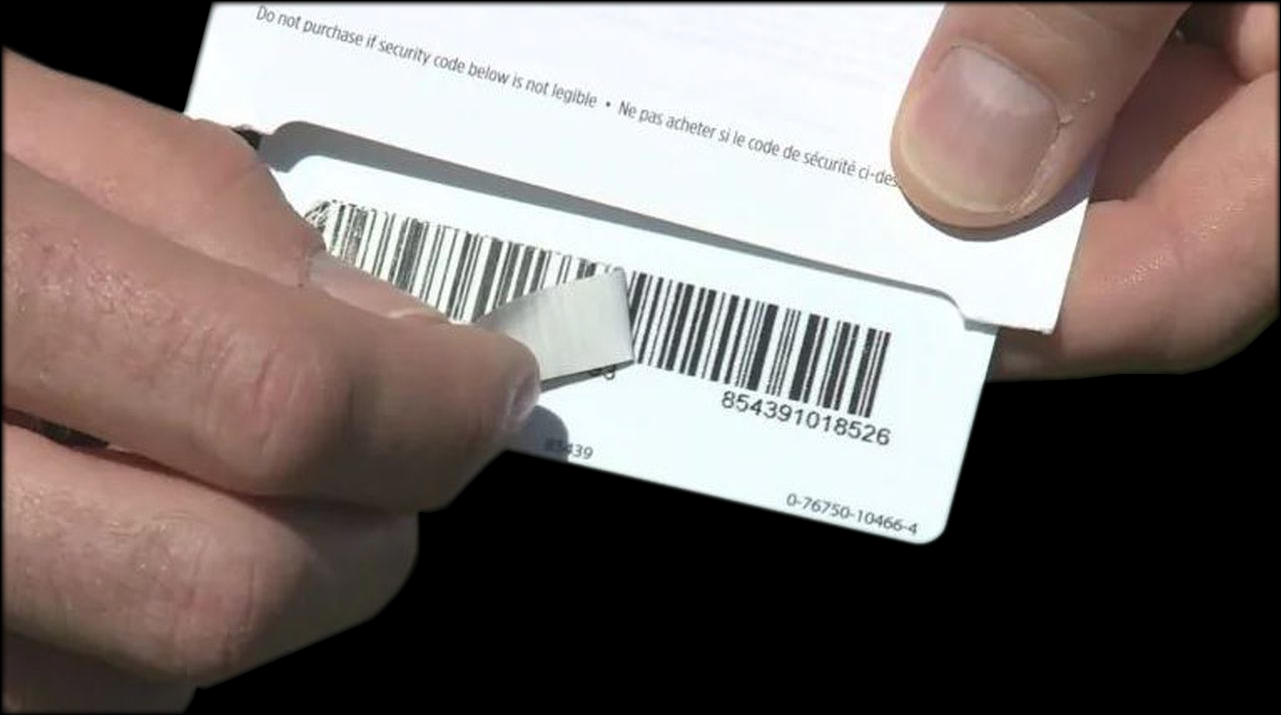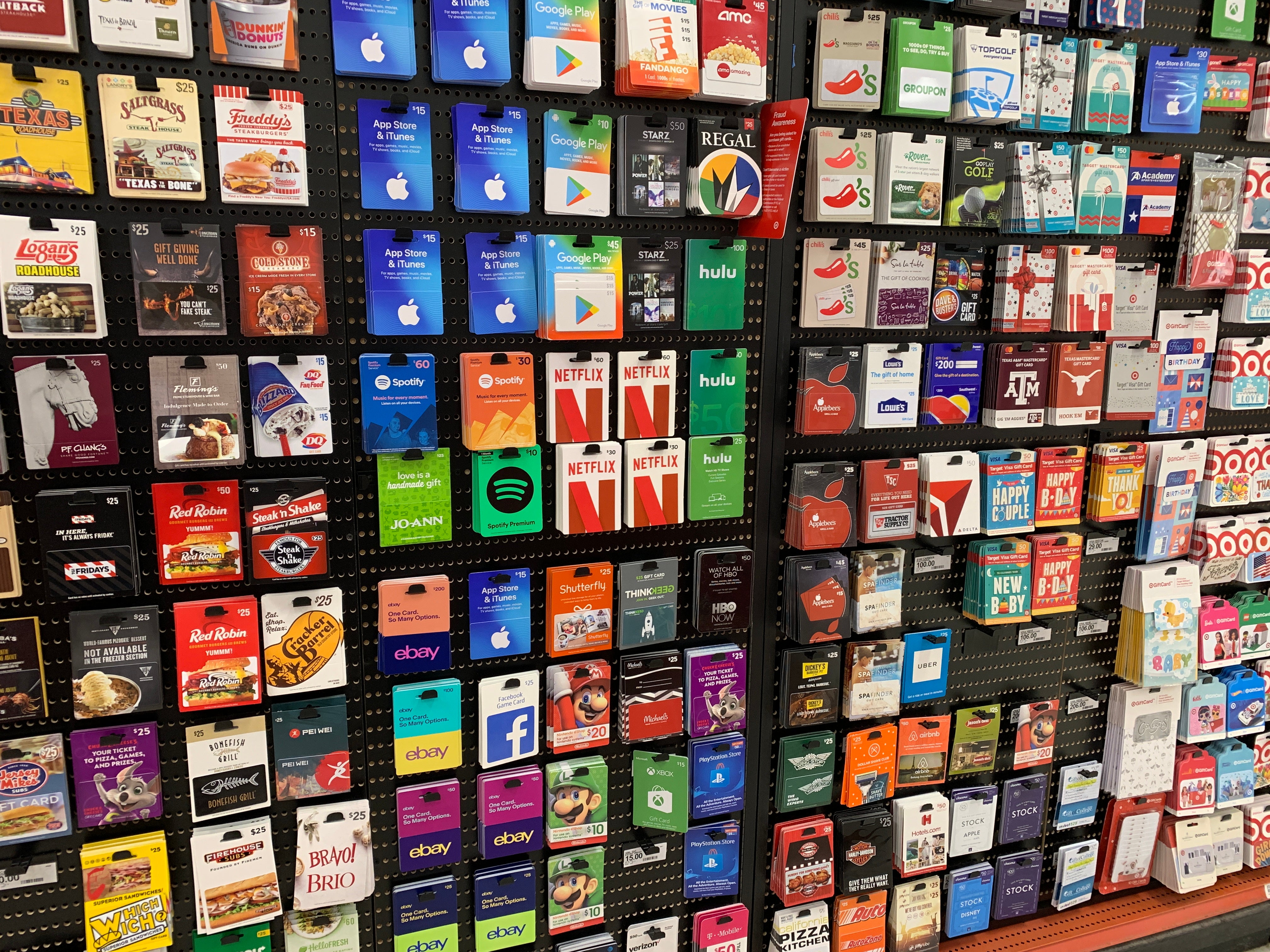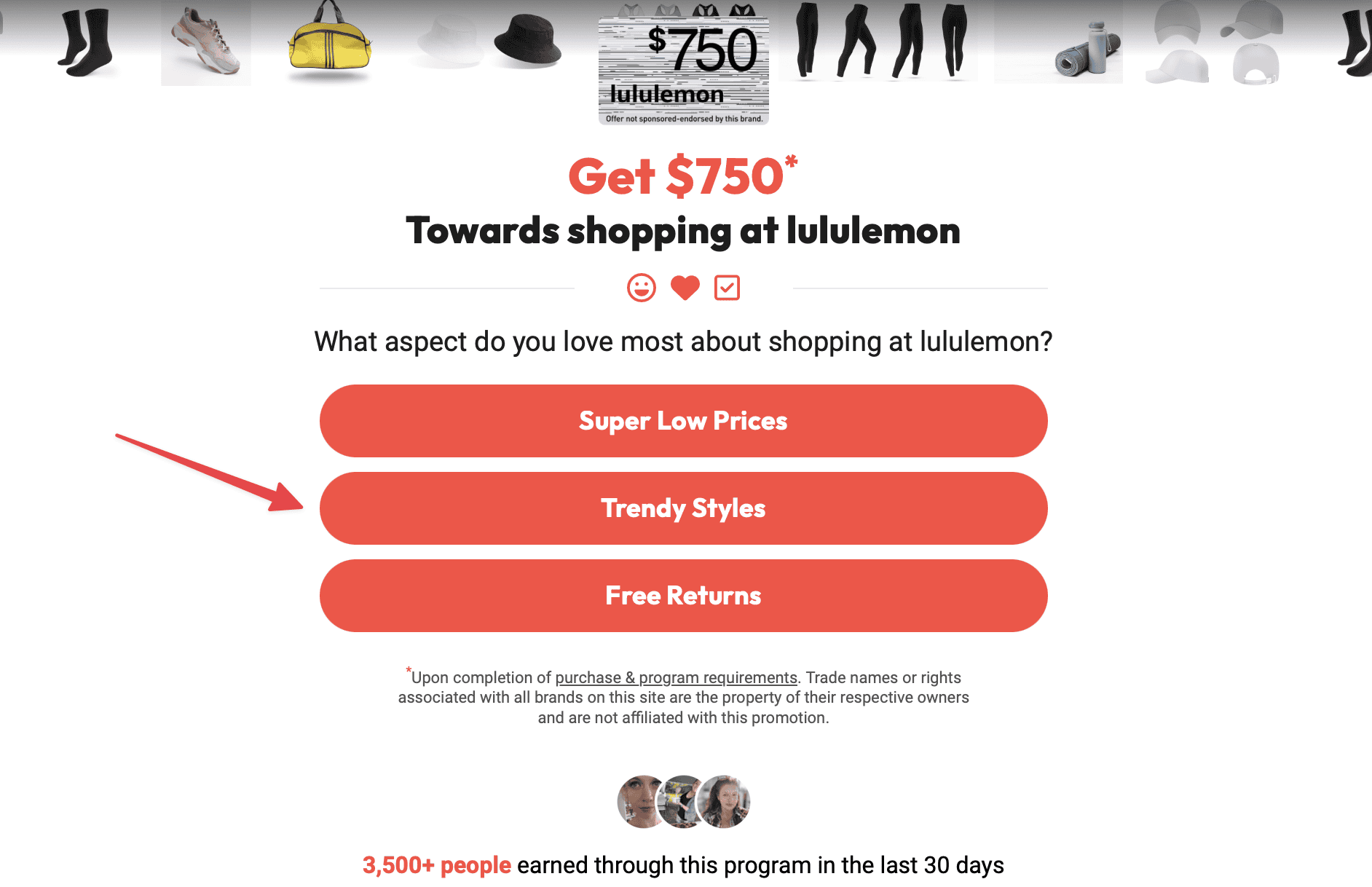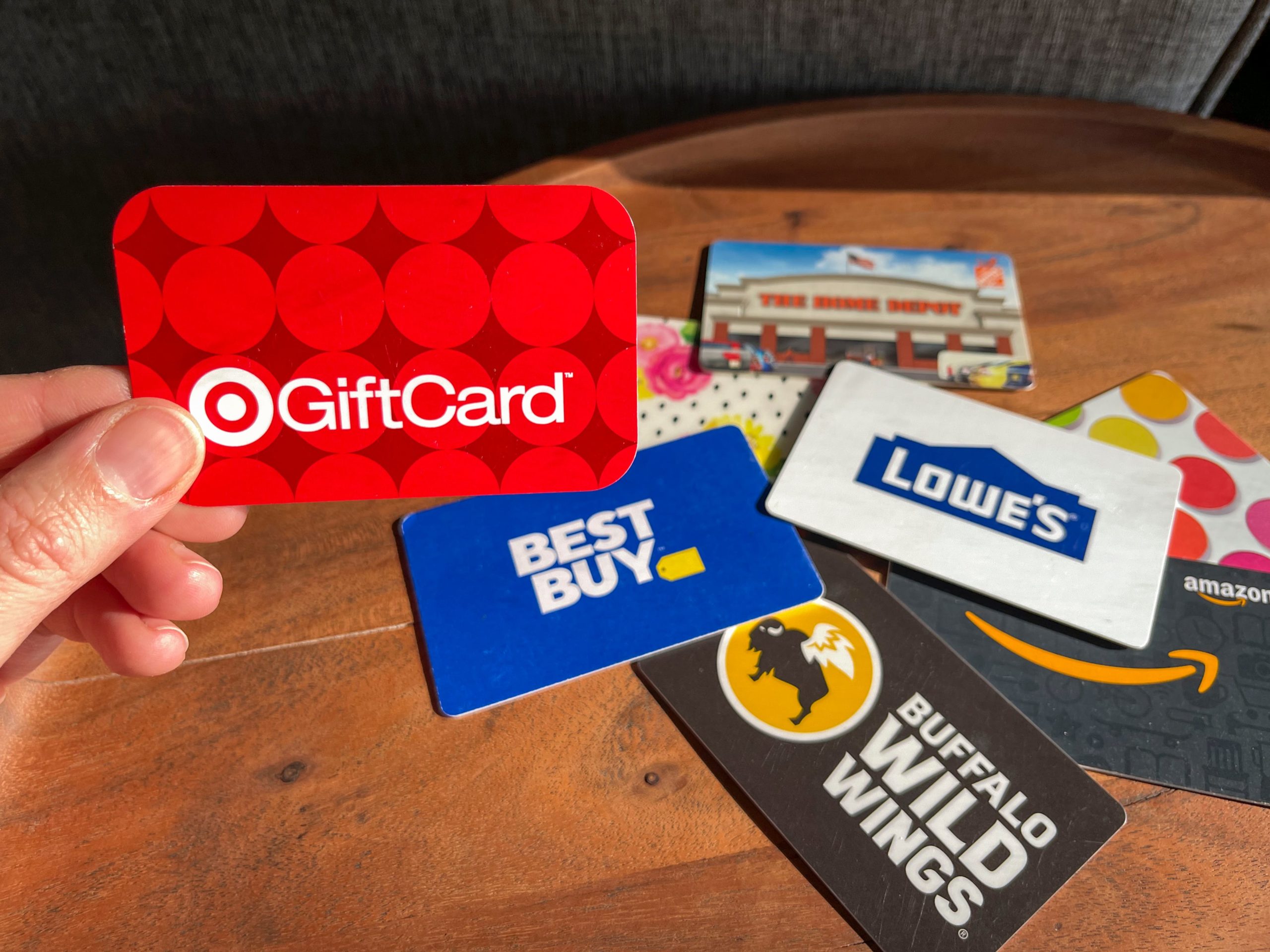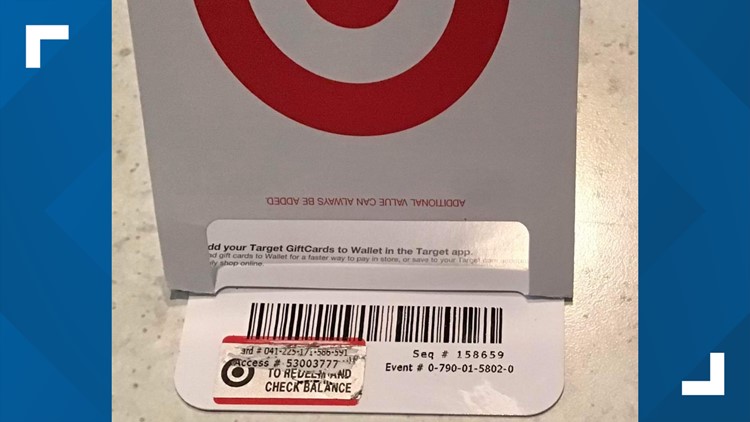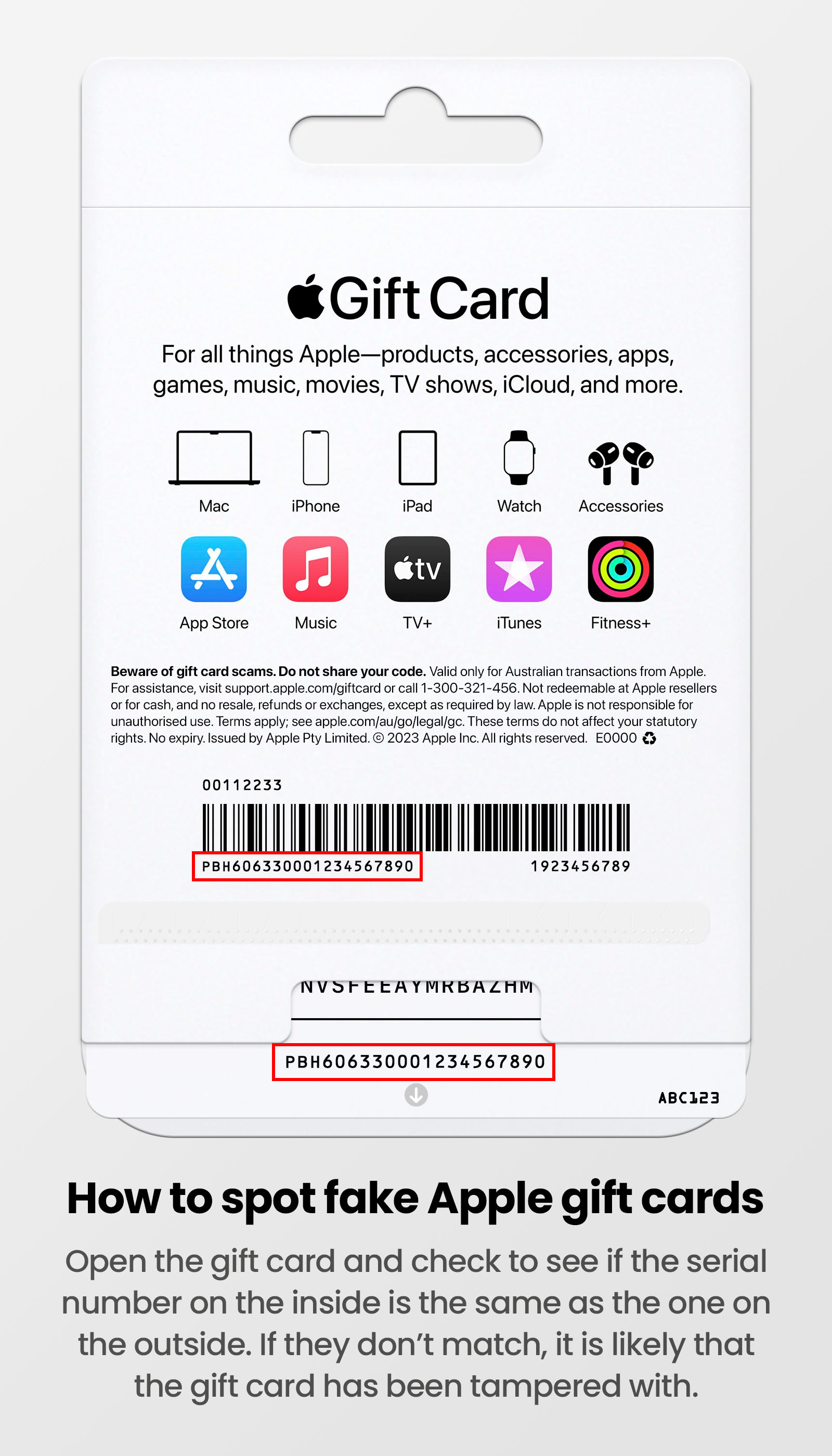Are The $750 Gift Cards Real

A viral online promotion promising $750 gift cards from major retailers is flooding social media and inboxes. But is this free money real, or is it just another scam preying on unsuspecting users?
The allure of easy cash in the form of gift cards from stores like Amazon, Walmart, and Target has drawn thousands into questionable online surveys and registration forms. This report breaks down the anatomy of these offers and reveals the truth behind the $750 gift card claims.
The Anatomy of the Offer
The offers typically surface as sponsored posts on social media platforms such as Facebook, Instagram, and TikTok, often featuring enticing images of gift cards. They also spread via email marketing campaigns and even SMS messages.
Users who click on these links are directed to websites that resemble legitimate brand pages. These pages promise a $750 gift card upon completion of a short survey or registration process.
The Survey Trap
The surveys are often generic, asking questions about shopping habits, product preferences, and demographic information. Upon completion, users are prompted to provide personal details, including their name, address, email, and phone number.
Some surveys also require users to sign up for multiple "trial offers" or subscriptions. These subscriptions often come with hidden monthly fees that can quickly drain a bank account.
The Federal Trade Commission (FTC) warns that this type of tactic is a telltale sign of a phishing scam and identity theft attempt.
Data Harvesting and Deceptive Marketing
The primary goal of these $750 gift card promotions is to collect user data for marketing purposes. This data is then sold to third-party companies for targeted advertising.
According to a report by NortonLifeLock, these scams often involve multiple layers of redirection, making it difficult to trace the origin of the offer. The company emphasizes that entering any personal information on such sites could lead to potential identity theft.
Furthermore, many of these websites generate revenue through affiliate marketing. They earn a commission for every user who signs up for a trial offer or subscription service.
The Truth: No Free $750 Gift Cards
Numerous cybersecurity experts and consumer protection agencies confirm that the $750 gift card offers are not legitimate. There is no free money being given away.
While a few users might claim to have received a gift card, it is typically a much smaller amount – often a $5 or $10 card – after completing numerous requirements. The time and effort required far outweigh the value of the actual reward.
Snopes, a fact-checking website, has thoroughly investigated these claims and rated them as false. They point out that the promotions often violate the terms and conditions of the retailers whose gift cards are being advertised.
Red Flags to Watch Out For
Be wary of offers that seem too good to be true. If it sounds like you're getting something for nothing, it's probably a scam.
Pay close attention to the website URL. Scammers often use domain names that are similar to legitimate brand websites but contain slight variations or misspellings.
Never provide sensitive personal information, such as your Social Security number or bank account details, on unfamiliar websites.
Read the fine print. Many of these offers come with complex terms and conditions that are designed to trick users.
Check for a privacy policy. Legitimate websites should have a clear and easily accessible privacy policy that explains how your data will be used.
What to Do If You've Been Scammed
If you have already provided personal information to a suspicious website, take immediate action. Change your passwords on all your online accounts.
Monitor your credit report for any signs of identity theft. You can obtain a free copy of your credit report from each of the three major credit bureaus (Equifax, Experian, and TransUnion) once a year.
Report the scam to the FTC at IdentityTheft.gov. You can also file a complaint with your state's attorney general.
"Consumers should exercise extreme caution when encountering online offers that promise substantial rewards for minimal effort," warns Lisa Weintraub Schifferle, an attorney with the FTC.
Moving Forward
Law enforcement agencies and consumer protection groups are actively working to shut down these scams and prosecute the perpetrators.
However, consumers must remain vigilant and educate themselves about the warning signs of online fraud.
Stay informed about the latest scams and security threats by following reputable cybersecurity blogs and news outlets.

![Are The $750 Gift Cards Real Is the $750 Shein Gift Card Real or Fake? (What You NEED to Know) [2024]](https://monetizedfuture.com/wp-content/uploads/2024/08/is-the-750-shein-gift-card-legit-featured-1024x576.png)
